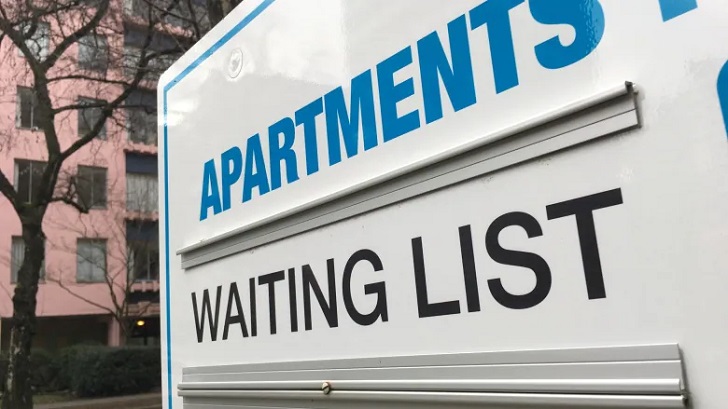A soaring inflation rate is forcing Canadians to contend with a climbing cost of living, as groceries and gas prices are on a steady incline. But for those who rent their homes, a rise in inflation is also likely to send rent prices shooting up over the months to come, experts say.
The annual inflation rate in Canada hit 8.1 percent in June 2022 as gasoline prices surged, according to Statistics Canada. And economists are starting to wonder whether price pressures have peaked. Gasoline prices were up 54.6 percent year-over-year and 6.2 percent month-to-month in June.

Also in the transportation bracket, prices for passenger vehicles were up 8.2 percent in June, the second-biggest driver of inflation in June 2022. Statistics Canada added prices for used vehicles into its consumer price index (CPI) calculations in May. Meanwhile, food prices were up 8.8 percent year-over-year, the same jump as the month before. Prices for services, which include dining out at restaurants, rent, and traveler accommodations, were up 5.2 percent.
Rental prices rising across Canada

Experts say households with lower incomes are rapidly being priced out as rents increase faster than people’s paycheques. In simpler words, the rental market is so hot it’s putting unfair pressure on applicants. For most newcomers, for most youth, for most people who are houseless, for most people who are on a fixed income, there is absolutely no way they can afford that.
There’s “no question” that the rising inflation rate is playing a key role in the increase in average rent prices across the country. Major markets, in particular, are seeing a drastic growth in prices year-over-year. In Vancouver, as of this month, the average price to rent a one-bedroom unit is $2,377 per month, a 19.9 percent increase year-over-year. Toronto also saw rent prices skyrocket between 2021 and 2022; the average rent price of a one-bedroom unit in the city is $2,133 per month, a 15.7 percent increase compared to the year before. Halifax residents saw a considerable rise in the average cost of rent as well, with a one-bedroom unit costing $1,669 per month, a 13.4 percent rise compared to the same time last year.
Pressure high on smaller, lower-rent units

Higher interest rates are not the only fuel heating up the rental market. At the height of the pandemic, vacancies were relatively high in major urban centers as renters sought more space and moved farther afield. But at the start of this year, demand began to swing in the opposite direction. Now they’re coming back. So for the smaller, 800-square-foot properties in some of the highrises, the rents are starting to rise drastically.




